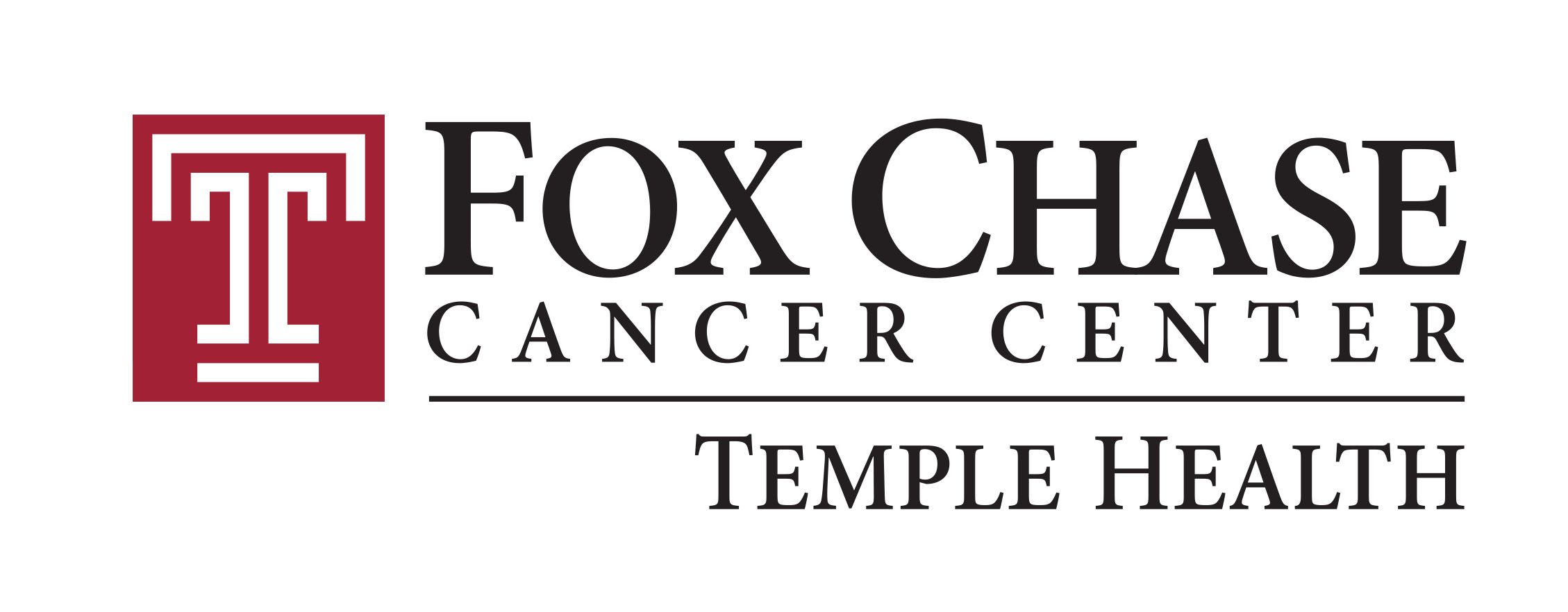Fox Chase Cancer Center | Strategic Alliance Partners
Latest from Fox Chase Cancer Center
Borghaei Stresses Importance of Immunotherapy Biomarkers in Frontline Advanced NSCLC Treatment
October 26, 2020
Article
Hossein Borghaei, DO, MS, further discusses the benefit of immunotherapy combinations, the potential of tiragolumab, and the need for better biomarkers to guide treatment in NSCLC.
Surgical Oncology Is More Than Just Surgery
October 25, 2020
Article
After 15 years as a surgeon, Jeffrey M. Farma, MD, says he's still learning how to treat patients with cancer. As fellowship director of the Complex General Surgical Oncology Fellowship at Fox Chase Cancer Center, he expects his trainees to be prepared to do the same.
Dr. Abraham on Remaining Questions With Pexidartinib in TGCT
October 21, 2020
Video
John A. Abraham, MD, FACS, discusses remaining questions with pexidartinib in tenosynovial giant cell tumor.
Dr. Abraham on the Clinical Utility of Pexidartinib in TGCT
October 20, 2020
Video
John A. Abraham, MD, FACS, discusses the clinical utility of pexidartinib in tenosynovial giant cell tumor.
Dr. Abraham on the Surgical Management of TGCT
October 02, 2020
Video
John A. Abraham, MD, FACS, discusses the surgical management of patients with tenosynovial giant cell tumor.
Dr. Abraham on Potential Symptoms of TGCT
April 30, 2020
Video
John A. Abraham, MD, FACS, discusses potential symptoms of tenosynovial giant cell tumor.
Borghaei Shares Long-Term Implications of COVID-19 on Cancer Care
April 03, 2020
Article
Hossein Borghaei, DO, MS, discusses the impact of COVID-19 on clinical practice and projected how the virus will change practice for the better in the long term.
Unpacking IO Innovations in Lung Cancer in Pittsburgh
February 19, 2020
Podcast
We traveled to Pittsburgh, Pennsylvania, for a State of the Science Summit™ on Lung Cancer, which featured insights from the UPMC and Fox Chase Cancer Center faculty.
Dr. Borghaei on Immunotherapy versus Chemotherapy and Immunotherapy in NSCLC
January 29, 2020
Video
Hossein Borghaei, DO, MS, discusses immunotherapy alone or in combination with chemotherapy in combination with immunotherapy in patients with advanced NSCLC.
Dr. Borghaei on Immune-Related Adverse Events in Lung Cancer
January 03, 2020
Video
Hossein Borghaei, DO, MS, discusses immune-related adverse events in patients with lung cancer who received immunotherapy/chemotherapy combinations.
Dr. Borghaei on Emerging Biomarkers in NSCLC
November 16, 2019
Video
Hossein Borghaei, DO, MS, discusses emerging biomarkers of response to immunotherapy in non–small cell lung cancer (NSCLC).
Dr. Borghaei on the Clinical Utility of PD-L1 in Advanced NSCLC
October 17, 2019
Video
Hossein Borghaei, DO, MS, chief, Division of Thoracic Medical Oncology, director, Lung Cancer Risk Assessment, professor, Department of Hematology/Oncology, co-director, Immune Monitoring Facility, Lung Cancer and Mesothelioma TRDG member, and Gloria and Edmund M. Dunn Chair in Thoracic Oncology, Fox Chase Cancer Center, discusses the clinical utility of PD-L1 in advanced non–small cell lung cancer (NSCLC).
Dr. Borghaei on Anticipated Trials Evaluating Immunotherapy in NSCLC
October 05, 2019
Video
Hossein Borghaei, DO, MS, chief, Division of Thoracic Medical Oncology, director, Lung Cancer Risk Assessment, associate professor, Department of Hematology/Oncology, Fox Chase Cancer Center, discusses necessary research and anticipated trials evaluating immunotherapy in advanced non–small cell lung cancer (NSCLC).
Uzzo Shares Insight on Sequencing Surgery in RCC
October 02, 2019
Article
Robert G. Uzzo, MD, MBA, FACS, discusses the evolving yet relevant role of surgery in renal cell carcinoma.
Dr. Uzzo on the Evolving Role of Surgery in Metastatic Kidney Cancer
October 01, 2019
Video
Robert G. Uzzo, MD, MBA, FACS, discusses the evolving role of surgery in metastatic kidney cancer.
Biomarkers Require Refining in Lung Cancer Paradigm
September 25, 2019
Article
Hossein Borghaei, DO, discusses pivotal and ongoing trials driven by biomarkers in lung cancer.
PARP Inhibition Arrives in Pancreatic Cancer
August 09, 2019
Article
Michael J. Hall, MD, Fox Chase Cancer Center, discusses the emergence of PARP inhibition in the armamentarium for patients with pancreatic cancer.
Fresh Approaches to RT Improve Outcomes in Retroperitoneal Sarcoma
July 15, 2019
Article
Each year, 10% to 15% of patients with soft-tissue carcinomas receive a diagnosis of rare retroperitoneal sarcoma (RPS), an aggressive disease that typically recurs in 26% of cases and has a 47% to 67% five-year overall survival rate. New radiation therapies hold potential to decrease treatment time and provide local control of RPS.
Borghaei Discusses Long-Term Pembrolizumab NSCLC Data, Broadening Clinical Trial Eligibility
June 26, 2019
Article
Hossein Borghaei, MD, highlights long-term single-agent pembrolizumab (Keytruda) data and the overall state of immunotherapy in non–small cell lung cancer, as well as the prospect of making clinical trial eligibility less restrictive.


